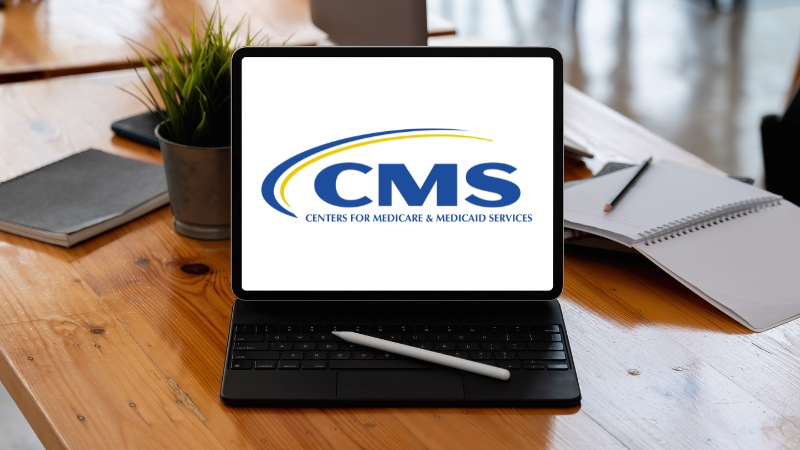May 25, 2023
The Public Health Emergency may have ended, but COVID-19 isn’t going away. While much has changed since the start of the pandemic, there are still some issues related to COVID that practitioners and facilities need to address moving forward. That is the focus of It’s Still Here: Navigating COVID-19 Prevention and Management in “Normal” Times, a COVID-19 Grand Rounds, set for this Wednesday, May 31, and led by members of the Society’s Infection Advisory Subcommittee. “We have to learn to live with COVID, and this will help facilities and their teams incorporate prevention and treatment into daily practice, much like we do with other infections we deal with,” said Robin Jump, MD, PhD, one of the speakers. She added, “We are all moving forward together on the management of this illness and protecting our older adults.”
Dr. Jump and her colleagues will discuss new bivalent vaccine guidance, updated masking recommendations from the Centers for Disease Control and Prevention, and management of COVID-19 outbreaks in post-acute and long-term care facilities, among other issues.
While many people want to put COVID in the past, Dr. Jump said, “Older adults get exposed when people let their guards down, and we are still seeing outbreaks. We are seeing fewer deaths and hospitalizations from the infection, but our patients are still vulnerable.” However, she understands the desire to move past the focus on COVID. “People are tired. Fatigue is an issue. And there are other concerns taking their attention. At the same time, COVID isn’t getting as many headlines or as much national attention. We need everyone to understand that the infection is now endemic. There may be a seasonality to it at some point, but it will be with us for the long term.”
Dr. Jump noted, “I want people to come away from the Grand Rounds with the understanding that they can and should treat all older adults with COVID, even if they have mild disease. This is key, as we know that this population is at highest risk of progression to severe disease and death. Treatment also helps reduce the risk of long COVID.” Dr. Jump and her colleagues will discuss COVID treatment and some practitioners’ concerns, such as issues related to potential drug-drug interactions.
There also needs to be a continued focus on COVID vaccination. “We need to stay vigilant on vaccines for everyone. People say they will wait to get vaccinated before some particular event. We need needles in arms early and often,” said Dr. Jump. She stresses that there are still some myths to overcome. For instance, she noted that there are some unfounded concerns about overvaccination and false beliefs that if someone has had COVID once, they can’t get it again and don’t need the boosters.
Clearly, there is an ongoing role for staff, resident, and family education. Dr. Jump admitted that there will always be some segment of the population who is anti-vaccination. Still, it is essential to emphasize to everyone that research and experience support the benefits of the COVID vaccine. “I think we have made tremendous progress. As a society, we went from no vaccine to two effective vaccines in about one year. That is amazing. While no vaccine is 100% effective, we also know that the COVID vaccine reduces severity when people do contract the infection,” she explained. “We have three outpatient treatments that are effective for people who test positive for COVID, and we have diagnostic tests that people can take at home. We know what to look for and how to provide supportive care.”
While COVID may not be a national crisis anymore, said Dr. Jump, “We still have to learn to live with it, and this program will help AMDA members and their teams make prevention, testing, and treatment a regular part of their practices.”



